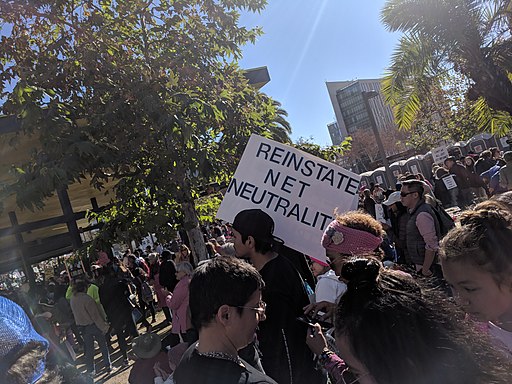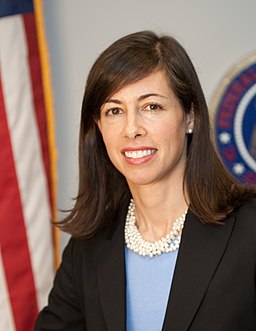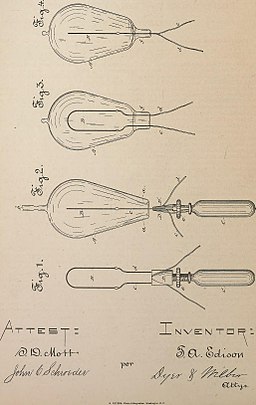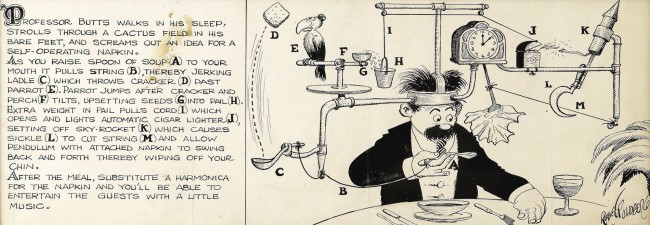“What gives the cops the right to open fire? Why didn’t they give him the same warning they gave us? That cop murdered my son over a false report.”
― Lisa Finch, mother of Andrew Finch, 28, who was killed by Wichita, Kansas, police on 12/28/2017.
The killing last week of Wichita resident Andrew Finch by police called out to his house on a bogus hostage emergency allegedly phoned in by Los Angeles, California, resident Tyler Barriss, who did not even know Finch, could lead to a court case in which this country finally confronts how it lets police get away with murder. Historically the courts have bent over backwards to whitewash the excessive, reckless use of force by police. Conviction rates for the few police officers actually brought up on charges have been laughably low. Now with this case in Wichita, the question may finally have to be addressed in the courts of whether police are responsible for their actions or not.
“Swatting”, the practice of phoning in a bogus emergency in order to harass someone else with the bludgeon of a police raid, has been around for many years, but until last week no one has been killed in an unnecessary swatting raid. Nevertheless, the consequences of swatting are usually more serious than those of a “prank”, as many reporters have irresponsibly and inaccurately dubbed the criminal practice this past week. Why would anyone call in a false report for purposes of harassment if they weren’t fairly certain that the cop mentality of overreaction and testosterone poisoning would lead them to escalating most situations to dangerous levels? What would be the fun of it for the hoaxer if instead cops could be relied upon to behave rationally and resolve situations peacefully when at all possible? That wouldn’t serve the purpose of the swatting hoaxer one bit and wouldn’t be the least fun in their eyes. No, the reason swatting exists is because people in this country know very well the police are all too eager to smash down doors, bust heads, and shoot first with their itchy trigger fingers. And the courts stand behind the cops to absolve them of all those actions.
Now there’s a case that will bring up those thorny questions. No doubt the cops will push blame off onto the innocent victim of their reckless stupidity, Andrew Finch. They will claim if he had followed their orders instantly and to the letter he would be alive today. The cops will try to push as much blame as possible onto the alleged swatter, Tyler Barriss. He undoubtedly deserves a long prison sentence if he is proven guilty, but there is scant precedence for prosecuting a criminal defendant like him. He will have to be dealt with in the gray area of analogy – what he did was like dropping a brick off a tall building onto a crowded sidewalk, or like pulling the fire alarm in a crowded theater when there was no fire – but that will not satisfactorily resolve ultimate guilt in this case, because it comes down to who pulled the trigger on the gun that put the fatal bullet into Andrew Finch, and that wasn’t anyone but a cop on the Wichita police force.
 Norman, a 55th Security Forces Squadron military working dog at Offutt Air Force Base in Nebraska, waits to be unleashed and go after his target during training in April 2007. The Offutt K-9 unit performs regular training to maximize the dogs’ effectiveness on the field of duty. U.S. Air Force photo by Josh Plueger.
Norman, a 55th Security Forces Squadron military working dog at Offutt Air Force Base in Nebraska, waits to be unleashed and go after his target during training in April 2007. The Offutt K-9 unit performs regular training to maximize the dogs’ effectiveness on the field of duty. U.S. Air Force photo by Josh Plueger.People can be egged on to do any number of stupid things by other people, whether friends, employers, or strangers. It doesn’t matter. Ultimately you are responsible for your own actions. The cops will fight that assessment in court. They will say they are a tool in the hands of others, and unfortunately they will be correct in that. For too long they have been a tool in the hands of the ruling class to keep down everyone else, and the ruling class has taken advantage of police training to quickly resort to force and adopt the cultural mindset of an occupying army, looking on and treating everyone as an enemy. Us against Them. Shoot first and don’t worry about it later, because the police union and the courts and the district attorneys will sweep it under the rug. A few months administrative leave with pay, maybe a temporary desk job, and then it will all blow over.
In this case, however, it is abundantly clear the police were a tool used by some
knuckleheaded video gamer. If a tool, then not responsible. But if not responsible, then who pulled the trigger? In all the arguing, there will still be a dead man to be accounted for, after all. The police have actually become more like their trained dogs. A dog can be trained in just about any way. A dog can be trained to be very aggressive when given the signal by its handler. A dog can be trained to become aggressive when receiving certain signals from a suspect, such as dropping his or her hands to waist level rather than holding them always high in the air as ordered. A dog will bark and snarl when it sees that, baring its teeth and straining at the leash held by its handler. A dog cannot understand that the suspect may only be confused.
The suspect may not necessarily see himself the same way as the police officers crouching by their vehicles with guns drawn, who see him as a suspect, and a dangerous one at that. He is, after all, innocent until proven guilty in a court of law. Until a few minutes ago, he was relaxing at home with his family, minding his own business. Seeing flashing red and blue lights outside, he opened the front door to check what all the commotion was about. From the police perspective, orders and training and cop culture kicked in after that. But what does that have to do with him, Andrew Finch? Didn’t he have the right to a reasonable expectation for human beings in positions of authority and trust in the community to behave with more discretion, more empathy, and with more judicious discernment of the real situation than a dog would? In the end, the dog goes free, and that’s as it should be because the dog only reacts according to its training and its handler’s signals. But we hold human beings to a different, and higher, standard than dogs, don’t we? Possibly the courts will address this case similarly, and in so doing force a change for the better in police culture and training.
― Ed. 








